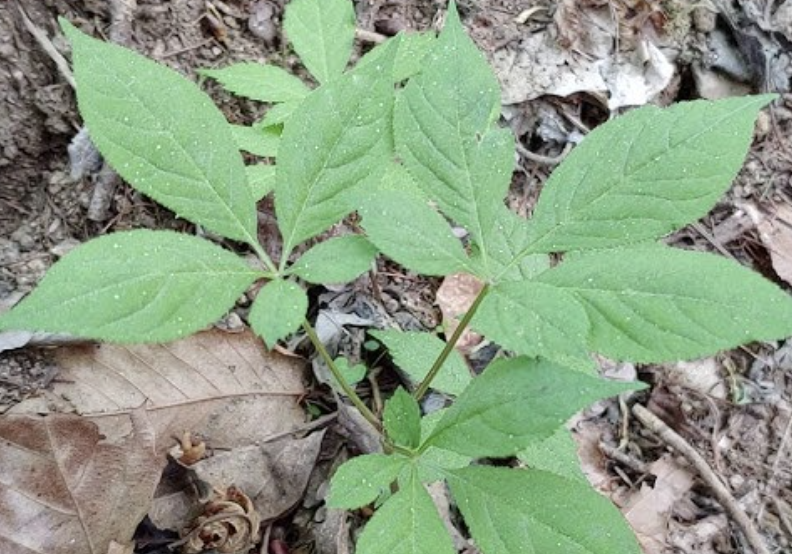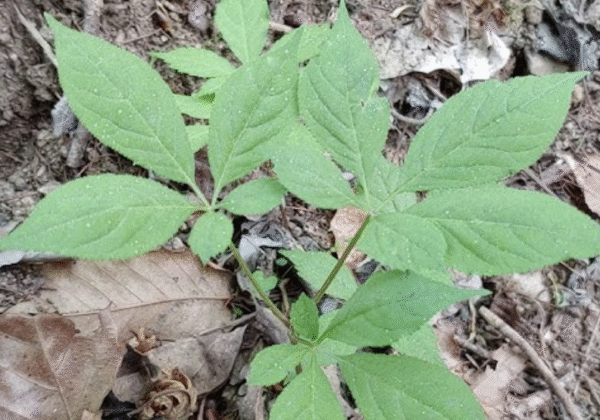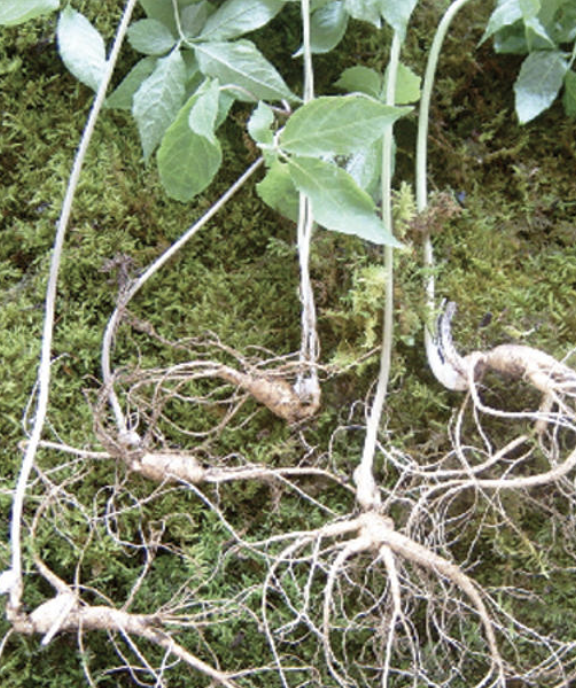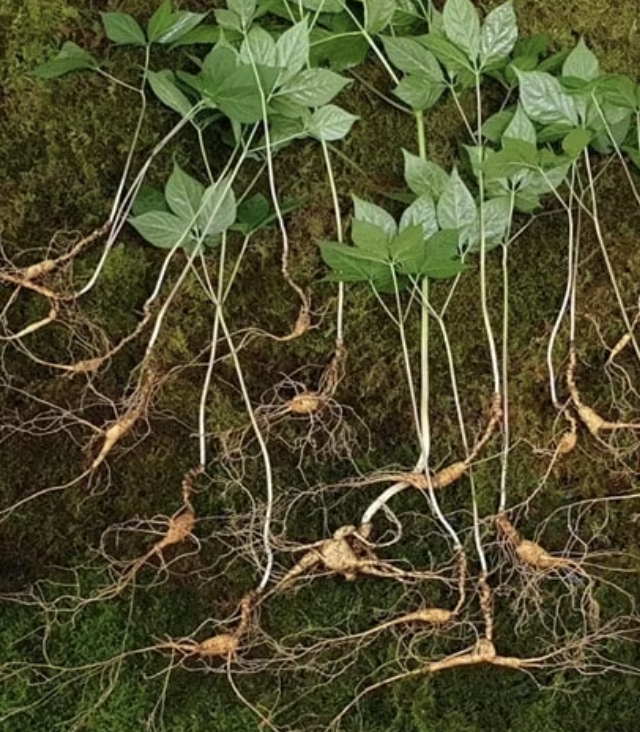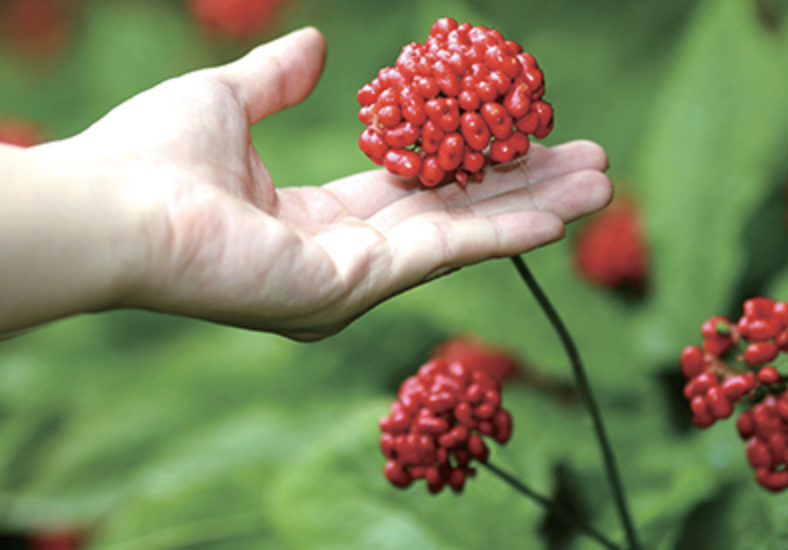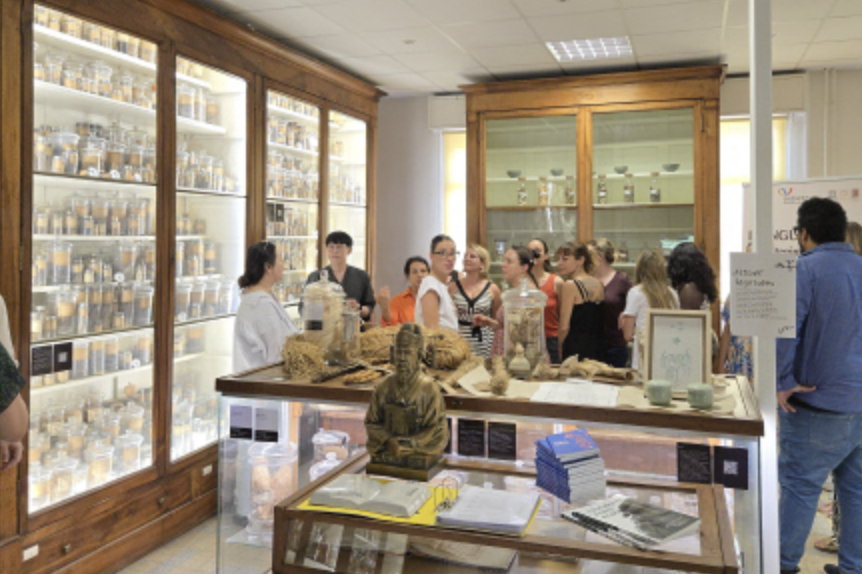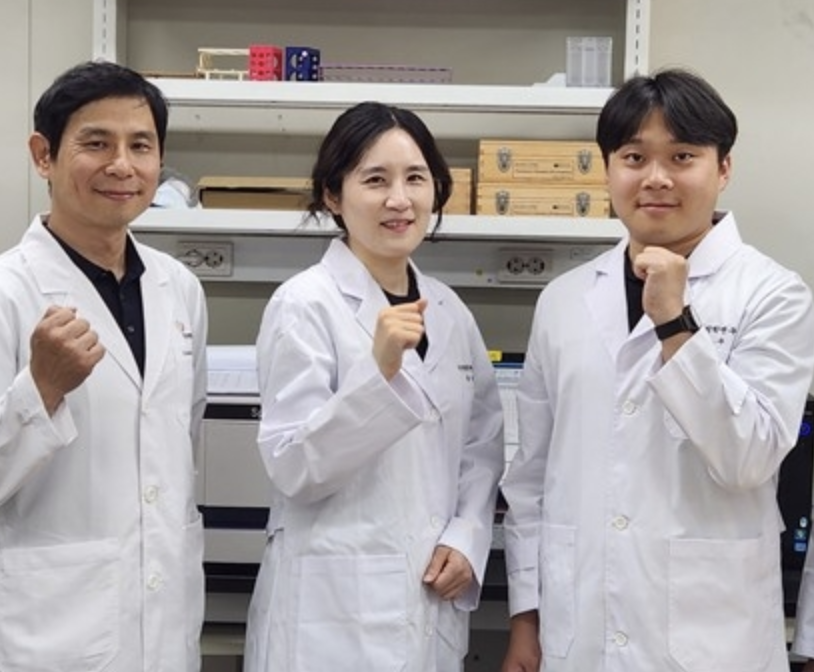Aging is an inevitable biological process, marked by progressive physiological decline, increased oxidative stress, and chronic low-grade inflammation. These factors contribute to age-related diseases such as cardiovascular disorders, cognitive impairment, and metabolic dysfunction.
👉 Buy Premium Wild Ginseng Root Online
Wild ginseng (mountain-grown Panax ginseng), also known as “Sansam” in Korean, has been revered for centuries as a rare and potent tonic with superior medicinal properties compared to cultivated ginseng. Rich in bioactive compounds, wild ginseng exhibits exceptional antioxidant and anti-inflammatory properties—two of the most critical factors in preventing aging and prolonging healthspan.
This article explores the cellular and molecular mechanisms by which wild ginseng delays aging, drawing from contemporary biomedical research and traditional Eastern medicine.
1. What Makes Wild Ginseng Unique?
Unlike farmed ginseng, wild ginseng grows naturally in high-altitude forest environments over decades. This slow growth process results in:
Higher concentrations of rare ginsenosides (e.g., Rg3, Rh1, Rk1)
More diverse saponins, polysaccharides, and polyacetylenes
Greater resilience to environmental stress, which may translate to enhanced therapeutic potency in humans
Due to these factors, wild ginseng is often considered the “king of adaptogens”—compounds that help the body resist physical, chemical, and biological stress.
2. Aging, Oxidative Stress, and Inflammation
At the core of aging lies two interlinked processes:
Oxidative stress – the accumulation of reactive oxygen species (ROS) that damage DNA, proteins, and lipids
Inflammaging – chronic, low-grade inflammation that increases with age and drives tissue degeneration
Effective anti-aging interventions must target both these processes to protect cells and organs from progressive deterioration.
3. Antioxidant Mechanisms of Wild Ginseng
Wild ginseng enhances the body’s defense against oxidative stress via multiple pathways:
i. Activation of Nrf2 Pathway
Nuclear factor erythroid 2-related factor 2 (Nrf2) is a key regulator of antioxidant response. Wild ginseng:
Increases expression of antioxidant enzymes (SOD, catalase, GPx)
Promotes cellular detoxification via glutathione pathways
Reduces ROS levels in neurons, liver, and vascular tissues
ii. Mitochondrial Protection
Mitochondria are both the source and target of oxidative damage in aging. Wild ginseng:
Preserves mitochondrial membrane integrity
Enhances ATP production
Decreases mitochondrial-generated ROS
This supports cellular energy balance and reduces apoptosis in aging cells.
4. Anti-Inflammatory Actions of Wild Ginseng
Inflammation is a hallmark of biological aging. Wild ginseng suppresses inflammatory processes at both systemic and local levels:
i. NF-κB Inhibition
The NF-κB pathway controls the transcription of inflammatory cytokines. Wild ginseng inhibits this pathway, resulting in:
↓ TNF-α, IL-6, IL-1β production
↓ COX-2 and iNOS expression in immune cells
↓ systemic inflammation markers in animal models
ii. Microglial Modulation
In the brain, wild ginseng reduces microglial overactivation, which is associated with neuroinflammation and cognitive decline. This helps preserve cognitive function during aging.
5. Scientific Evidence from Preclinical Studies
Recent studies published in PMC and other journals support the following findings:
Mice supplemented with wild ginseng for 12 weeks showed reduced oxidative DNA damage and lipid peroxidation
Wild ginseng extract extended lifespan in nematode models by 15–20%
In aged rats, wild ginseng improved memory performance and hippocampal plasticity
Long-term intake reduced inflammatory markers in serum and liver tissues
These findings suggest that wild ginseng functions as a systemic regulator of oxidative balance and inflammatory tone, key elements in biological aging.
6. Long-Term Use of Wild Ginseng: Benefits and Recommendations
Wild ginseng is not only a therapeutic herb but also a preventive health supplement with long-term safety:
Health Benefits of Long-Term Consumption:
Enhanced skin elasticity and anti-wrinkle effects
Improved blood circulation and cardiovascular protection
Better cognitive clarity and stress resilience
Stabilized blood sugar and metabolic function
Stronger immune system performance
Recommended Use:
Daily dosage: 1–2 grams of wild ginseng extract (standardized), or as recommended by a healthcare professional
Form: Capsules, teas, tinctures, or whole root preparations
Best consumed in cycles (2–3 months at a time) for optimal adaptation
7. Clinical Applications and Future Directions
Although clinical trials specifically using wild ginseng remain limited due to rarity and cost, the available in vivo and in vitro evidence supports its use in:
Geriatric medicine – to delay frailty and loss of function
Integrative oncology – to counteract oxidative stress during chemotherapy
Neuroprotection – for Alzheimer’s and Parkinson’s disease prevention
Skincare and dermatology – in anti-aging formulations
Ongoing research is likely to further confirm wild ginseng’s cellular repair and lifespan-extension properties.
Conclusion
Wild ginseng offers a holistic, multi-targeted approach to delaying aging, working through antioxidant and anti-inflammatory pathways. Its unique composition and adaptogenic nature make it a superior candidate for supporting longevity, cognitive health, and overall vitality.
As science continues to validate ancient herbal traditions, wild ginseng stands at the intersection of natural medicine and modern biogerontology—a true botanical key to graceful aging.
👉 Buy Premium Korean Wild Ginseng
#wildginseng #antiaging #antioxidant #inflammation #longevity



